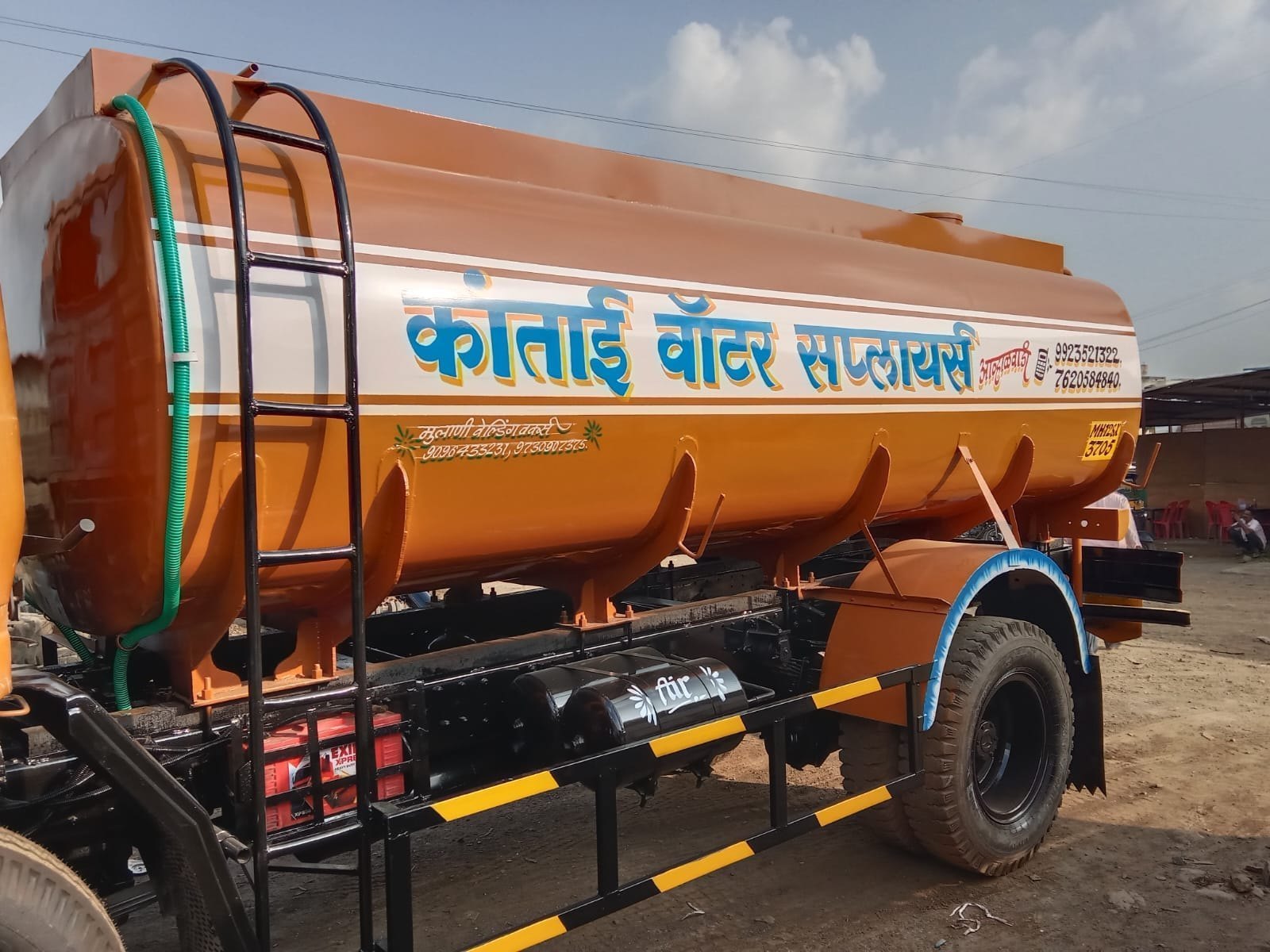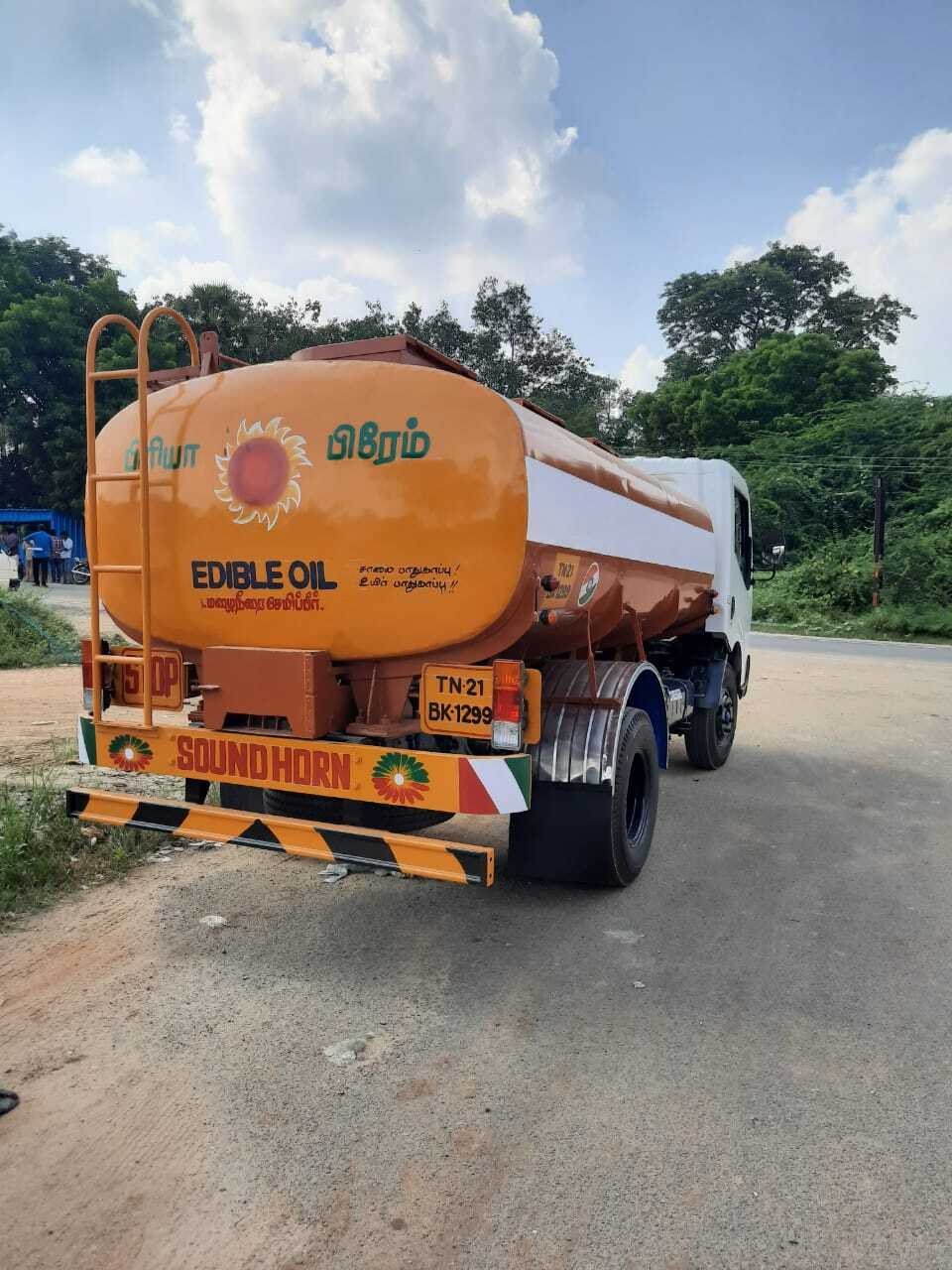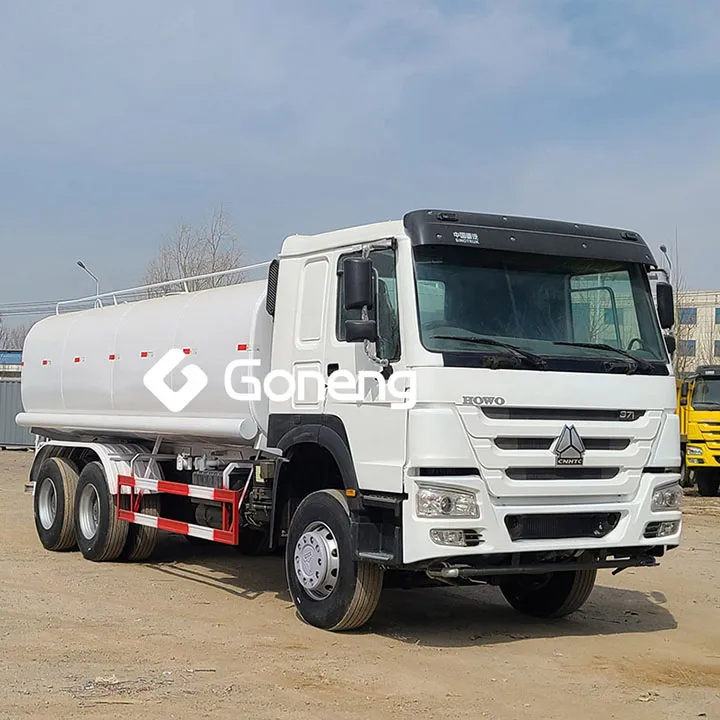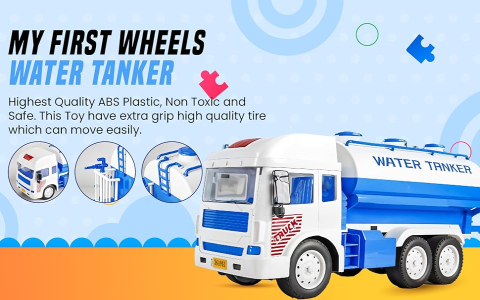Find Your Ideal Water Tank Truck for Sale | Get a Quote
Find Your Ideal Water Tank Truck for Sale | Get a Quote
If you’re in the market for a new or used water tank truck, you know it’s a significant investment. The right truck is a workhorse, essential for construction, agriculture, firefighting, or municipal work. The wrong one can be a constant source of downtime and repair bills. This guide is designed to cut through the noise and help you pinpoint the perfect water tanker truck for your specific needs and budget. We’ll walk you through the key considerations, from tank capacity and chassis type to crucial safety features, so you can make an informed decision and get an accurate quote from a trusted supplier.
Understanding Your Core Needs: More Than Just a Tank on Wheels
Before you even start browsing listings for a water tank truck for sale, you need a clear picture of your operational demands. A truck that’s perfect for watering crops on a farm would be ill-suited for hauling potable water in a city. Ask yourself these critical questions:

- What is the primary application? (e.g., dust control, irrigation, potable water delivery, septic services, fire suppression)
- What volume of liquid do I need to transport? This directly dictates the tank capacity you’ll require.
- What are the typical terrain and road conditions? Off-road use demands a more robust chassis and suspension than highway-only travel.
- What is my budget? Be realistic about both the initial purchase price and long-term operating costs.
Key Specifications to Scrutinize
Once you’ve defined your needs, it’s time to get into the technical details. Here are the core components that define a quality water tank truck.
Tank Capacity and Construction
Tank capacity, measured in gallons, is often the first spec people look at. However, the material and construction are just as important. Common materials include:
- Polyethylene (Poly): Lightweight, corrosion-resistant, and excellent for potable water. Ideal for smaller to mid-size applications.
- Stainless Steel: Extremely durable and resistant to corrosion. A premium choice for harsh environments or when hauling certain chemicals.
- Carbon Steel: A cost-effective and strong option, but it requires internal coatings (like epoxy) to prevent rust, especially with water.
Chassis and Powertrain
The truck’s chassis is its foundation. You’ll need to match the chassis’s Gross Vehicle Weight Rating (GVWR) to the fully loaded weight of your tank. An underpowered truck is a safety hazard and will wear out prematurely. Consider engine horsepower, torque, transmission type (automatic vs. manual), and axle configuration based on your terrain and load requirements.
Pump and Spray Systems
How you get the water out is critical. The pump’s flow rate (Gallons Per Minute – GPM) and pressure (PSI) must suit your task. For simple transfer, a basic centrifugal pump may suffice. For pressure washing or firefighting, you’ll need a high-pressure pump. Spray bars, monitors, and hose reels are also key components to specify.
New vs. Used: Making the Right Financial Choice
The decision between a new or used water tank truck is a major financial crossroads. A new truck offers the latest technology, a full warranty, and peace of mind, but at a higher cost. A used water truck can be a fantastic value, but it requires more due diligence. Always insist on a pre-purchase inspection by a qualified mechanic to check the engine, frame, and tank integrity. According to a American Trucking Associations analysis, proper vehicle specification is a leading factor in maximizing resale value, a point often overlooked in the used market.
Comparison Table: A Quick Guide to Water Truck Types
| Application | Recommended Capacity | Ideal Chassis | Key Features |
|---|---|---|---|
| Agriculture & Irrigation | 2,000 – 5,000 Gallons | Medium-Duty, 4×4 optional | Spray bars, slow-release valves, poly tank |
| Construction & Dust Control | 3,000 – 6,000 Gallons | Heavy-Duty, 6×4 | High-flow pump, rear spray bar, sturdy steel tank |
| Potable Water Delivery | 1,500 – 3,500 Gallons | Light/Medium-Duty | FDA-approved poly tank, sanitary fittings, transfer pump |
| Septic & Vacuum | 2,500 – 5,000 Gallons | Heavy-Duty | Vacuum pump, debris basket, high-strength tank |
Expert Insight on Long-Term Value
We spoke with veteran fleet manager, John Carlson, who has over 25 years of experience specifying commercial trucks. He emphasized that the initial purchase price is only part of the equation. “The biggest mistake I see is buyers focusing solely on the sticker price,” Carlson notes. “You must consider the Total Cost of Ownership (TCO). This includes fuel efficiency, maintenance schedules, parts availability, and projected resale value. A slightly more expensive, well-specified truck from a brand with a strong dealer network can be far cheaper over a 10-year lifespan than a bargain-basement model that spends more time in the shop.” This expert advice underscores the importance of looking beyond the immediate quote.
How to Get an Accurate and Competitive Quote
When you’re ready to get a quote, being prepared will get you the best price and ensure the truck is built correctly. Provide the supplier with a detailed list of your requirements. This should include all the specifications we’ve discussed: desired tank size and material, chassis requirements, pump specifications (GPM/PSI), and any special features like hose reels or off-road packages. A reputable dealer will use this information to provide a comprehensive quote that leaves no room for costly surprises later. The U.S. Environmental Protection Agency provides guidelines on spill prevention, which can influence tank valve and containment specifications—something a knowledgeable supplier will be aware of.

Frequently Asked Questions
Q: What is the typical delivery time for a new, custom-built water tank truck?
A: Lead times can vary significantly, but you should generally expect 8 to 16 weeks from order to delivery. This allows for chassis procurement, tank fabrication, and final assembly. Complex customizations can extend this timeline.
Q: What kind of maintenance does a water truck require?
A: Regular maintenance is crucial. Beyond standard truck engine and chassis upkeep, you must regularly inspect and clean the tank (especially for potable water), check the pump seals and bearings, and winterize the system to prevent freeze damage.
Q: Are there any special licensing requirements to operate a water truck?
A: Licensing requirements depend on the truck’s Gross Vehicle Weight Rating (GVWR). In most cases, a standard driver’s license (Class D) is sufficient for trucks under 26,001 lbs. Heavier trucks will require a Commercial Driver’s License (CDL). Always check with your local Department of Motor Vehicles for specific regulations.
Your Next Step
Finding the ideal water tank truck for sale is a process that rewards careful research and planning. By thoroughly understanding your operational needs, scrutinizing key specifications, and consulting with experienced professionals, you can invest in a vehicle that will serve your business reliably for years to come. Don’t hesitate to reach out to multiple suppliers with your detailed requirements to get a quote that gives you both confidence and value.

Sources and Further Reading
- American Trucking Associations. “Technology & Maintenance Council.” https://www.trucking.org/
- U.S. Environmental Protection Agency. “Spill Prevention, Control, and Countermeasure (SPCC) Rule.” https://www.epa.gov/
- National Truck Equipment Association (NTEA). “Vehicle Lifecycle Cost Analysis Tools.” https://www.ntea.com/









